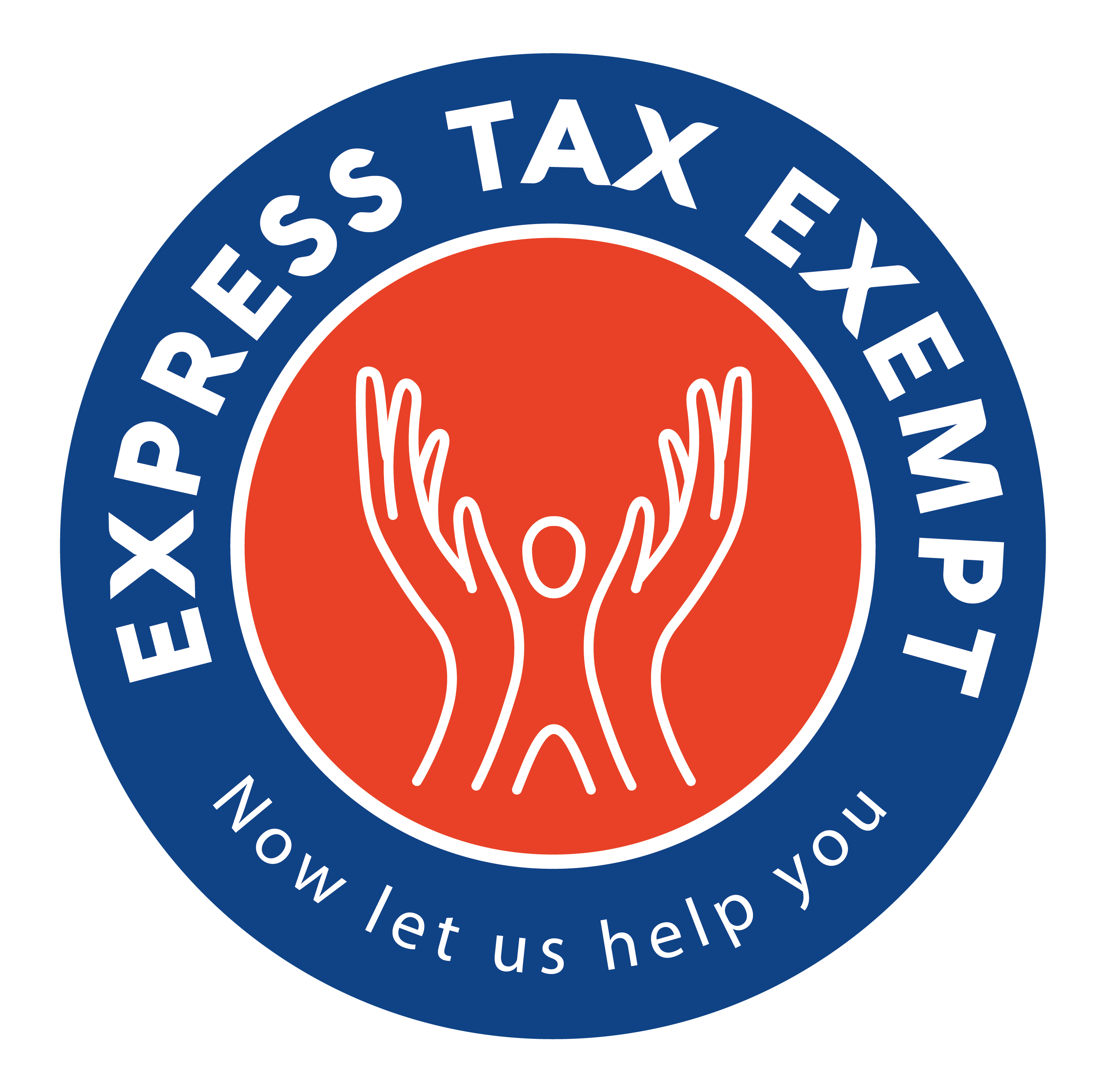7 Things You Need to Know About Churches and Form 990

During COVID-19, places of worship are focused on meeting their communities’ needs, physically, emotionally, and spiritually. Services have relocated to online broadcasts and outdoor venues, but aid has been reaching across physical distancing.
With everything on the News, we know tax law may not be front and center for your organization’s leaders. For the most part, churches comply with tax regulations effortlessly, but here are a few things you need to know about Form 990 for the best relationship with your congregation, your community, and the IRS.
1- As far as the IRS is concerned, your organization is a church.
Even if “church” is not the title you would typically designate for your place of worship, this label comes with a lot of benefits. The IRS calls any recognized place of worship a church, whether it is a synagogue, mosque, temple, or another gathering. These religious organizations hold a huge variety of spiritual values and religious affiliations, but when it comes to taxes, they are all exempt. The IRS also extends tax-exempt status to conventions, associations, auxiliaries, and other organizations that are associated with churches.
2- Filing Form 990 for churches is optional, but it may not always be.
Churches are exempt from federal income tax, applying for exempt status, unemployment tax, and many tax information returns. This means you are not required to file Form 990.
Form 990 reports financial information to the IRS, which releases it to the public. For all other nonprofits and tax-exempt organizations, tax-exempt status depends on filing this form. If they don’t provide their records for three years in a row, they can no longer be tax-exempt. For churches, there is no penalty for skipping this form, but some non-religious organizations have been fighting to change that. To make any transitions smooth, some churches already file Form 990.
3- Form 990 promotes transparency.
Even though it’s not required, many churches choose to file Form 990. When they do, it is usually for the sake of transparency. Even if your church shares its finances with the members of its congregation, opening up financial records to the larger community and making them accessible all the time is always an option.
4- Form 990 can protect against lawsuits and negative attention.
In a time when misuse of funds is a common accusation used to discredit religious organizations, some churches file Form 990 as a gesture of good faith and a testimony to where their tithes and donations are being used.

5- Form 990 encourages charitable giving.
Many churches file Form 990 so that donors have a record of where their donations are doing good in the world. This is also proof that those contributions are tax-deductible.
6- Your church doesn’t need to file Form 990 but it does need to comply with 501(c)(3) Exemption Status in order to be tax-exempt.
501(c)(3) Exemption Status is the IRS’s guidelines for churches. Your place of worship does not have to officially receive this status from the IRS, but you can file for it if you would like to see it on paper. Even if your organization never asks for 501(c)(3) Exemption Status, you do have to operate in a way that lines up with it in order to stay tax-exempt.
7- If your church gets too political, you can lose tax-exempt status.
Whether churches file Form 990 or not, there are a few ways they can lose tax-exempt privileges. When it comes to politics and candidates, churches cannot devote too much money or influence towards legislation or elections and also remain tax-exempt.
For more information about IRS filing regulations for churches, click here. If you are considering filing, visit information about Form 990, the deadlines, and a guide to completing your form.
If your place of worship decides to file Form 990, Express Tax Exempt makes it simple. Our software will generate the correct form for your organization based on your information, and our support team is ready to guide you through. Transparency has never




